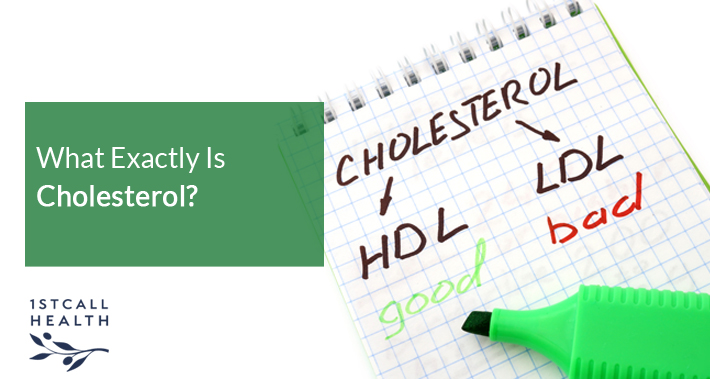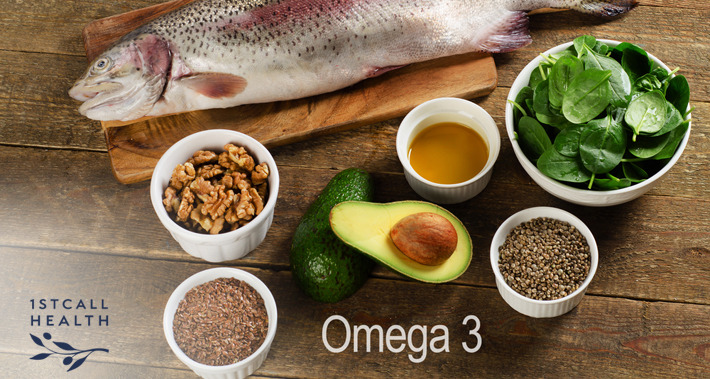
When you hear about cholesterol, you might get a little nervous.
After all, for a long time the health world pushed the idea that cholesterol is harmful for your health.
Today, we have a much more nuanced understanding of it.
There are actually three different main types of cholesterol, and it plays an important role in a variety of different functions in your body.
Here at 1stCallHealth, we’re a primary care clinic in Washington DC who can help you manage your cholesterol and other areas of your health.
In the meantime, let’s take some time to explore cholesterol.
What exactly is it?
And how does it affect your health?
Keep reading to find out.
So, What Actually Is Cholesterol?
Cholesterol is a substance found in the cells of your body that is required to make hormones and vitamin D, and plays a role in digestion.
It has a waxy texture, similar to fat.
You can find cholesterol in foods from animal sources like egg yolks, cheese, and meat.
There are actually three different main types of cholesterol – let’s take a closer look at them.
What Is HDL Cholesterol
HDL stands for high density lipoprotein.
A lipoprotein is a molecule that’s both a protein and a fat.
The “lipo” part comes from the word lipid, which is the scientific term for fats.
Your body makes these because fats need to be attached to proteins to properly move through your bloodstream to the areas where they’re needed.
HDL cholesterol carries cholesterol from different parts of your body back to your liver.
Your liver then processes it and removes it from your body.
This is why it’s called “good cholesterol.”
What Is LDL Cholesterol
LDL stands for low density lipoprotein.
Most of the cholesterol in your body is LDL cholesterol.
So its presence isn’t entirely bad.
But high levels of LDL cholesterol can lead to plaque buildup in your arteries.
This increases your risk of heart disease and stroke.
RELATED: How To Reduce Your Risk Of Stroke
That’s why LDL cholesterol is known as “bad cholesterol.”
What Is VLDL Cholesterol
VLDL stands for very low density lipoprotein.
It is also in the category of bad cholesterol and contributes to plaque buildup.
But it’s different from LDL, because it mainly carries triglycerides through your bloodstream.
Triglycerides are a type of fat that can be used for energy.
Their presence on their own isn’t necessarily bad.
But combined with low HDL or high LDL cholesterol, VLDL can also increase your risk of heart disease and stroke.
What Causes High Cholesterol?
High cholesterol is often caused by diet, genetics, and age.
More specifically, high cholesterol can be caused by:
- A diet high in saturated fats
- A diet high in trans fats
- A diet high in processed sugar
- Lack of exercise
- Smoking
- Having a family history of high cholesterol
- Certain medications
- Obesity
- Misusing alcohol
- Age – older people are at higher risk
What Are The Signs Of High Cholesterol?
When your body has high cholesterol for a long period of time, there are certain signs that you may experience.
It’s important to keep an eye out for them because not all of them are very obvious.
However, some of them are, including:
-
- Pain while walking
- Chest pain
- Type 2 diabetes
- High blood pressure
- Stroke
- Heart attack
Ultimately, high cholesterol can greatly increase your chance for stroke or heart attack.
These are two very serious risks – they’re among the leading causes of death in the United States.

How Do I Reduce My Cholesterol?
The good news is that there are many lifestyle changes that can help you to reduce your cholesterol.
Let’s find out more how you can do this.
1. Eat More Of These Foods…
You should try to incorporate more heart healthy foods into your diet.
Adding more soluble fiber can help to reduce the absorption of cholesterol in your blood.
Some options for this are eating more kidney beans, oatmeal, apples, pears, and Brussels sprouts.
It’s also helpful to eat foods high in omega 3 fatty acids like salmon, mackerel, herring, flaxseeds, and chia seeds.
Studies have shown that eating foods abundant with omega 3 fatty acids reduces VLDL cholesterol.
Finally, consider using whey protein to boost your protein count.
It has been shown to lower both LDL cholesterol and blood pressure.
2. …And Less Of These Foods
You’ll definitely want to cut the amount of saturated fats and trans fats in your diet.
Saturated fats raise your total cholesterol and can be found in red meat and full fat dairy products.
Trans fats are often labeled as partially hydrogenated vegetable oil, and are used in many processed foods.
Studies have shown that foods high in trans fats can increase your risk of high cholesterol and coronary artery disease.
3. Quit Smoking
Quitting smoking can have a great impact on your overall health.
It can also improve your HDL cholesterol.
And the best part is that your body heals from smoking very quickly.
Your blood pressure and heart rate start to recover 20 minutes after you quit.
Three months improves your blood circulation and lung function.
A full year smoke free greatly reduces your risk of heart disease compared to someone currently smoking.
4. Maintain A Healthy Weight
It’s important to maintain a healthy weight in order to lower your cholesterol.
This is because extra pounds of fat contribute to high cholesterol.
But, like smoking, small changes go a long way like cutting out one sugary beverage each day.
5. Stay Active
Staying active is a big help in lowering your cholesterol.
Try working up to doing physical activity five times per week for at least thirty minutes per session.
Even if you start with walking during your lunch hour, every bit will help you to get stronger and feel better.
This will improve your HDL cholesterol and make you feel better day to day.
Book Your Appointment With 1stCallHealth Today
Do you have a family history of high cholesterol or heart disease?
Are you eating too much processed foods, and worry about your heart health?
If so, we’re 1stCallHealth, and we can help.
We offer affordable primary care services to residents of Washington DC and the surrounding area.
Book your appointment with 1stCallHealth today.
1stCallHEALTH
1331 H St NW Ste 200,
Washington, DC 20005
(202) 590-0009
– https://goo.gl/maps/MVhjkz2jqynWpsgo6
1stCallHEALTH provides affordable access to primary care services. We believe that everyone deserves affordable, high quality primary care. Our vision is to challenge the status quo, focus on the individual, and empower personal control to change the way we think about healthcare.




